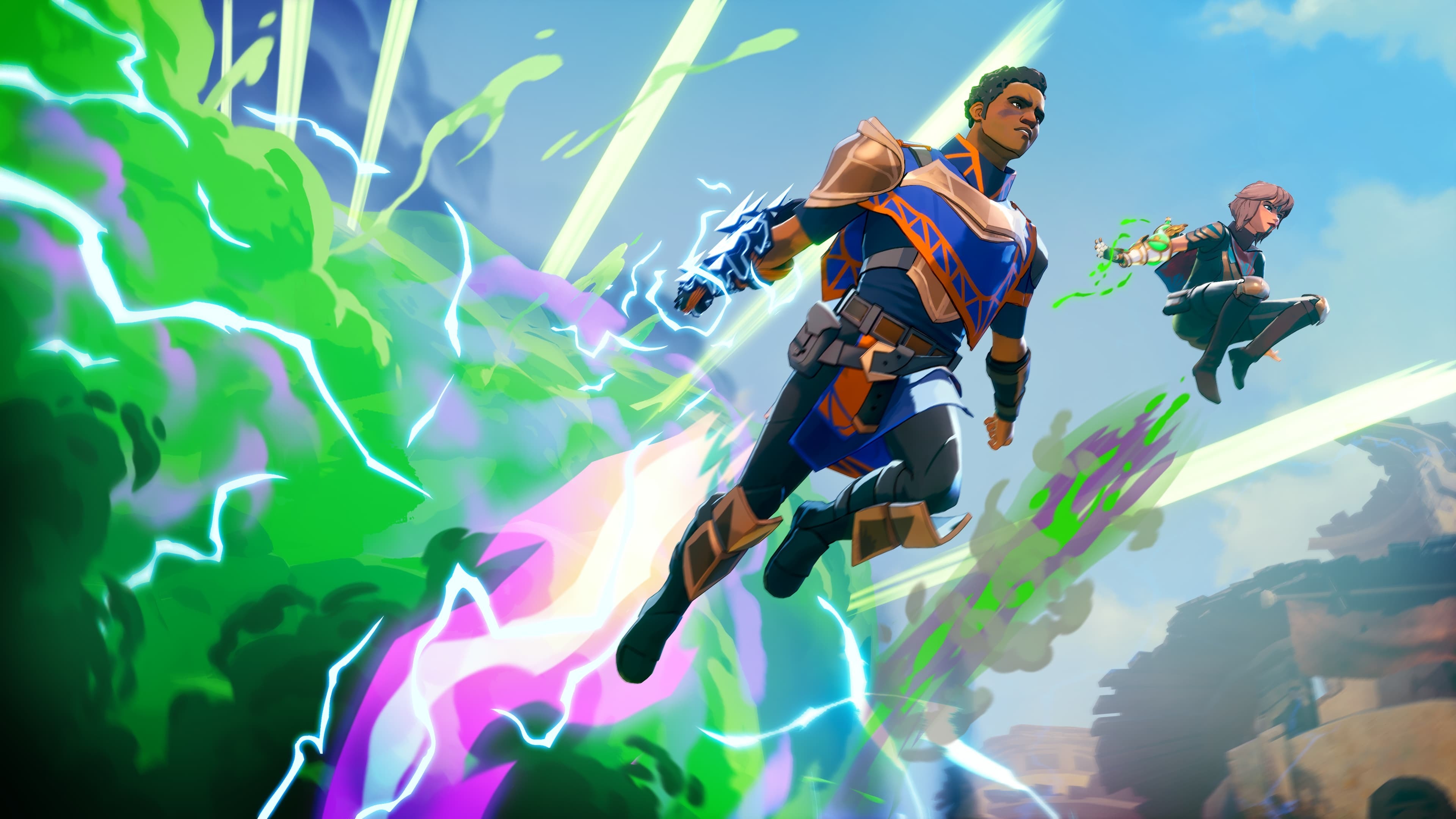
The Bright Future Of Computer Games
Computer games are a type of computer software, designed to provide the player with a virtual environment in which he or she must engage in activities that enhance the player’s skills through the use of hand-eye coordination and cognitive abilities. A computer game is, essentially, a structured type of interactive play, most often undertaken for fun or entertainment, and occasionally used as a teaching tool. Online games are different from traditional work, which typically is performed for monetary reward, and from painting, which is basically an expressive medium of artistic or visual elements. Computer games, while they can be fun and stimulating, can also be educational, depending upon the type of game and its content.
One of the most popular online games today is the strategy-based battle game World of Warcraft (commonly known as WoW), which requires players to accumulate virtual currency to purchase weapons, armor, magical items, and other items necessary to engage in battles against other players. While this sounds easy, there are many factors that make WoW a unique and engaging activity. Players accumulate virtual currency that can be used to purchase powerful weapons and armor, and to gain access to highly advanced levels that bring increased advantages when it comes to fighting opponents. Unlike most other games that have a finite number of levels, WoW allows players to travel to previously unreachable places within the game world, leveling up as they go, acquiring better weapons and armor, and taking on more complex tasks as they progress toward their goal.
Another popular PC game that is gaining in popularity is the online board game Seven Days That Changed the World, also known as Sevaak, or Viticulture. Players take on the role of a seven-day cycle; during which each day players compete to construct the most villages, farms, cities, and empires by collecting different types of cards. For those who want a more challenging and engaging game, but do not really want to put in too much time, there are still several other options. Online players can choose from literally hundreds of games created by ordinary gamers. These games are generally slower than other games on a server, yet they offer just as much fun and satisfaction.
Chris Crawford is the creator of one of these computer games. Known as Cranium, the board game is far more complex than it initially appears. Players actually spend a lot of time thinking about how to build their civilization rather than simply playing it. Like many other Cranium players, Chris Crawford is well aware of the fact that the design of the game was inspired by an interest in ancient Greek history.
This means that players can enjoy all of the benefits of traditional strategy games, yet they will also have a lot of fun trying to figure out the strategies that will allow them to build a thriving civilization. The strategy involved in this game requires players to think through every aspect of the design of their civilization, including choosing which tiles are best for building what kinds of structures. Once a player has figured this out, players can start putting their finished products into play. Cranium is relatively simple to play - all players must agree on a starting strategy, and players can change their minds at any time during the game’s development.
Chris Crawford’s innovative idea has already captured the imagination of thousands of players who enjoy the beauty of his creations. As Cranium continues to gain more fans, it will become even easier for him to design more exciting board games that continue to entertain millions of people. As his reputation grows, other computer game designers may follow his lead. It is possible that within a few short years, only computer games with original ideas will remain in the market. In the meantime, the games that have been born from the creative minds of game creators like Chris Crawford will continue to provide players with hours of entertainment. The future of computer games may be truly exciting.